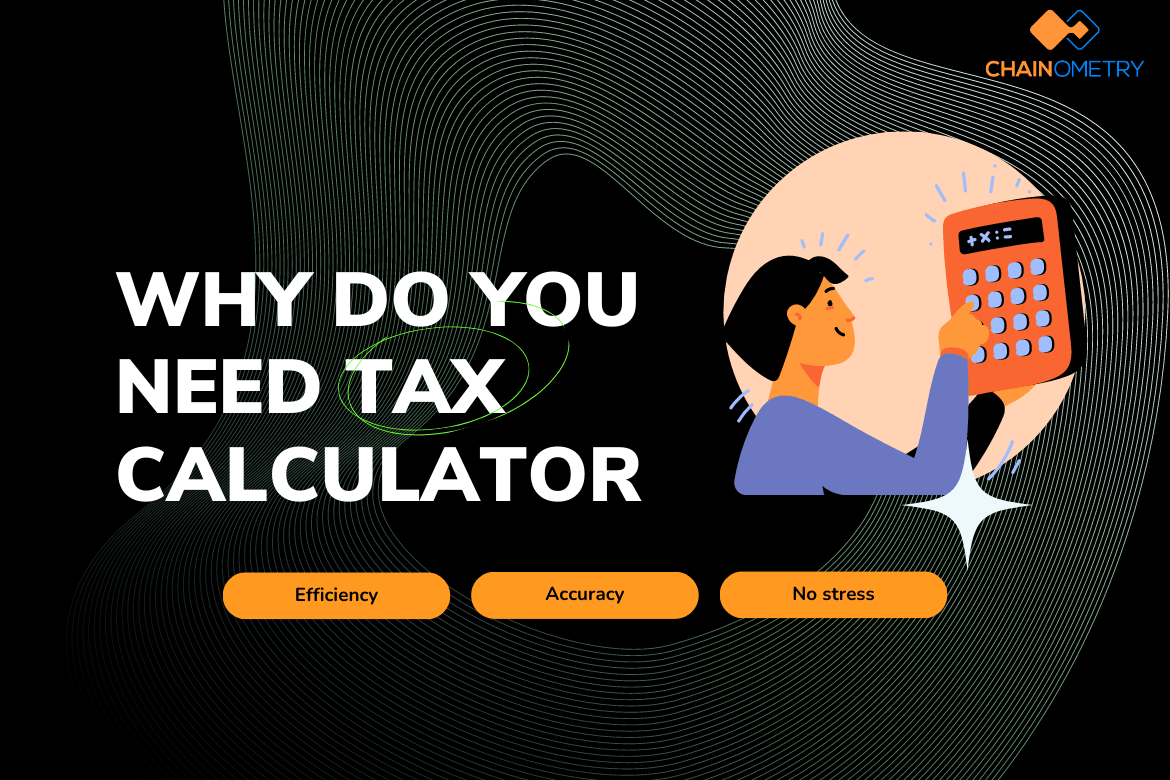New to crypto accounting? Learn the Basics with Chainometry
If you think this is hard and complicated you are right. Almost all exchanges don't give you profit or loss information and the reason is that it is extremely difficult to calculate properly. And when you trade amongst many exchanges you need to bring that data together in one output for your tax return. Also, it's worth noting that the exchanges don't keep your data forever. Some will only keep 3 months worth so if you miss downloading that data in time you'll be relying on your memory.
Whilst you may be able to do it by hand for a few trades you will certainly need a crypto tax calculator for anything more than that. One that takes all the above into consideration so that you can be both tax compliant and ensure that you don't pay too much tax. And let's face it, no one wants to pay more than they need to on tax and everybody want to avoid going to jail for not paying their taxes.




